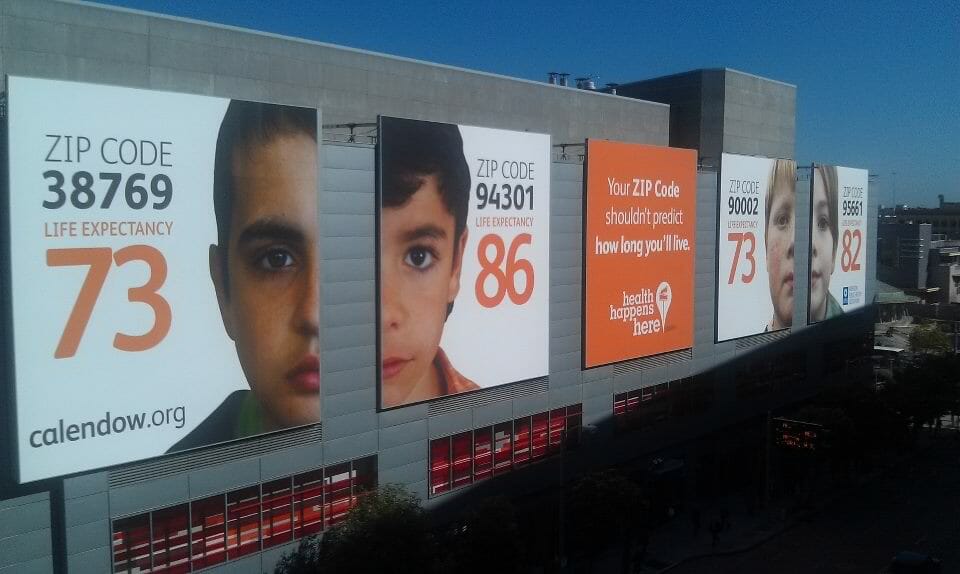Top Story
Social equity is a critical ingredient of a healthy place. Too often, neighborhoods that are largely composed of low-income people or people of color lack the services and amenities needed to support a healthy lifestyle, including access to healthy food, access to transit, a range of affordable housing options, and high-quality recreation opportunities. Ensuring equity within communities is also one of the Ten Principles for Building Healthy Places published by ULI in 2013.
It has been widely stated that where you live plays a big part in determining your health outcomes and life expectancy. But what if more investment was made in communities with the worst health outcomes, which also tend to be communities lacking services and amenities?
The third annual Walkable Urban Places (WalkUPs) Conference in Washington, DC, in mid-September focused on ways to improve social equity in communities of varying scales (see conference recap here). In the context of the DC metro area, it becomes clear that the types of communities that offer health-promoting services and amenities—WalkUPs—are located primarily in the higher income parts of the area. Prince George’s County, which has the highest proportion of affordable housing projects in the area, is current lacking these nodes. To achieve communities that are socially equitable, two approaches are necessary: a better distribution of affordable housing within existing amenity-rich neighborhoods and investment in services—including transit—in currently underserved neighborhoods.
To begin to address this, LOCUS, a national network of real estate developers and investors, announced at the WalkUPs conference a three-part national strategy for place-based solutions to the social equity problem and called on the development community to join them in this effort.
- First in this strategy is a national advocacy campaign for housing attainability to improve existing housing programs, bringing a different voice to the issue that traditional affordable housing advocates.
- Second is developing a national technical assistance and certification program aimed at increasing the ability of developers and the public sector to provide affordable housing options in walkable urban places.
- Last is developing a national place-based, private sector-led model through two projects that are currently being sourced, with the intention of exporting lessons learned through the model projects to communities that have less resources and opportunity.
Christopher Coes, managing director of LOCUS, and Chris Leinberger, GWU Center for Real Estate and Urban Analysis Chair and LOCUS founder and president, emphasized the importance of a strategy that is developer-led in order to markedly improve the dispersion of affordable housing and improve opportunity in communities across the country.
For more information visit http://www.locusdevelopers.org/.

